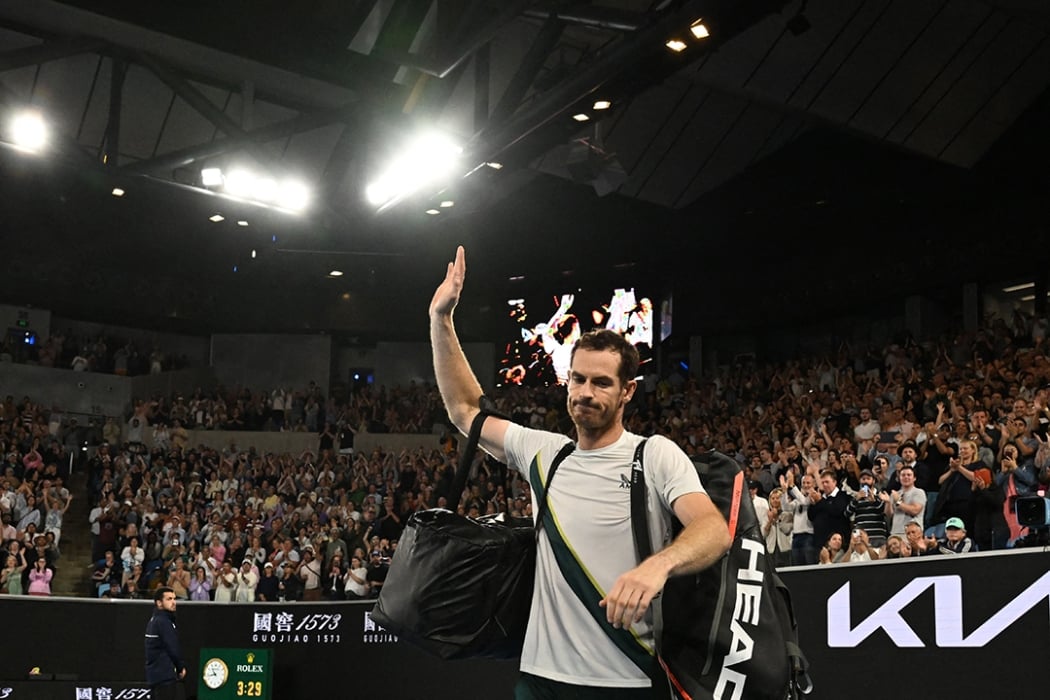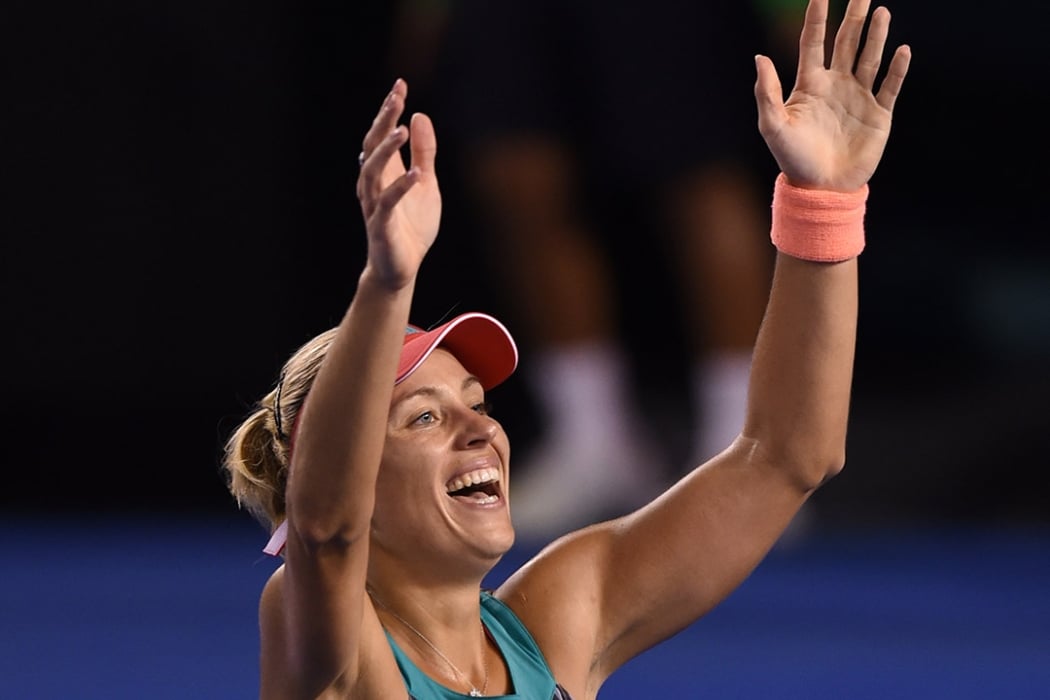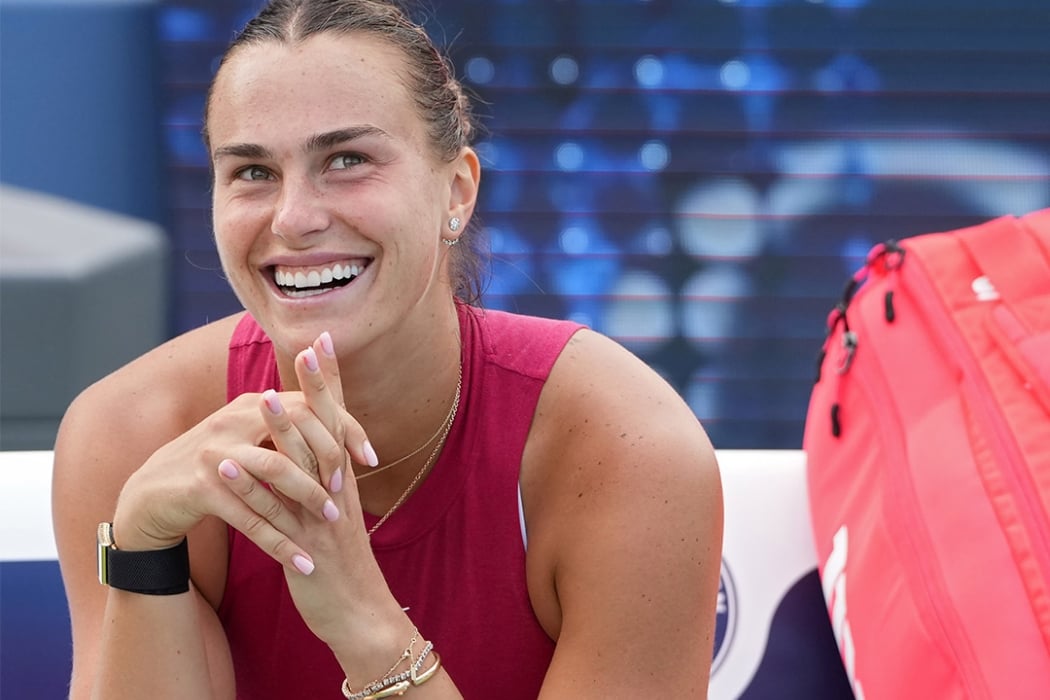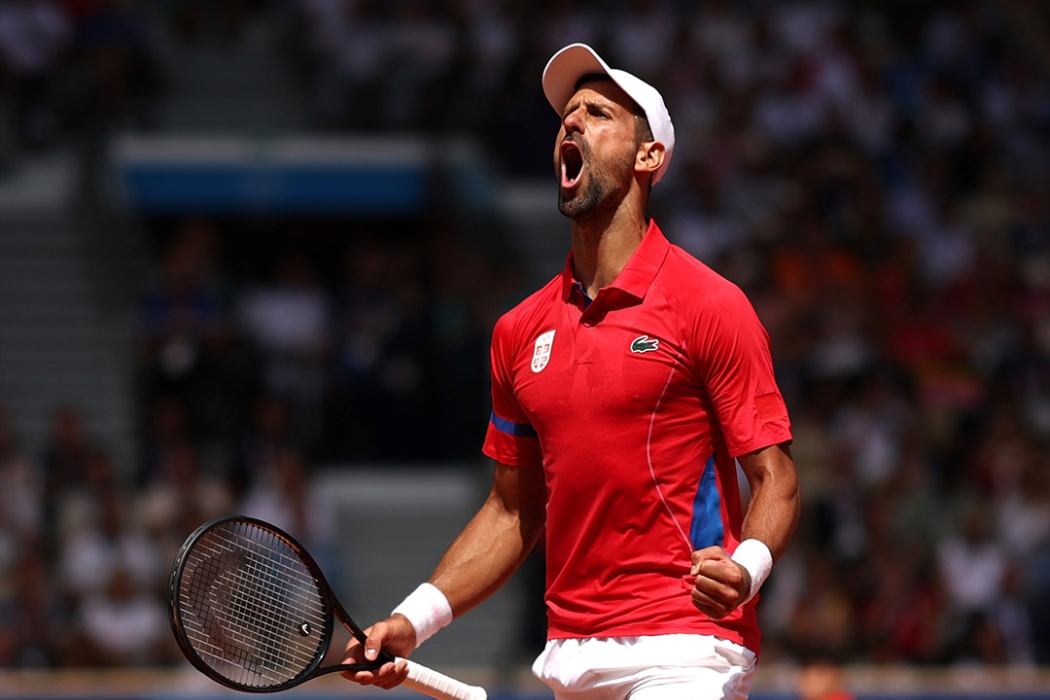A decade on from debuting in major main draws in 2014, the curtain fell on Dominic Thiem’s Grand Slam career at the US Open.
Symbolically, it came on the same court where he achieved the greatest success of his memorable playing days.
Four years ago at Arthur Ashe Stadium, Thiem – then ranked a career-high world No.3 – won his first and only Grand Slam singles title, rebounding from two-sets-to-love down to beat Alexander Zverev in a compelling final.
On Monday, now ranked outside the top 200 with just one tour-level win to his name this season, Thiem bowed out 6-4 6-2 6-2 to 13th seed Ben Shelton.
Those who lose Grand Slam matches typically do not address the crowd, but Thiem was afforded that opportunity, and expressed his gratitude at playing in front of the fans who were absent during his triumph at the COVID-restricted 2020 edition.
“I tried to enjoy, I tried to, like, really soak up every moment in this stadium. It was really nice,” Thiem reflected.
“I think I was able to focus on the match, but of course obviously I'm not having that level anymore what is required to really go head to head with players like Ben.
EXPERT PICKS: Who will win the 2024 US Open?
“I was struggling enough, like, the last years, especially since I was not able to come back to my level, but once I took the decision (to end my career) this year in March, from this moment on, I was happy about it.”
Thiem, 30, will appear twice more on court in October before officially waving goodbye; first at the UTS exhibition event in Frankfurt then at his home ATP event in Vienna.
AUSTRALIAN TENNIS MAGAZINE: A season of high-profile retirements
But this marked his last appearance at a Grand Slam tournament, a stage on which he thrived despite his career unfolding amid perhaps the strongest era in men’s professional tennis history.
He is the latest champion to wind down his career in 2024, after the retirements of Andy Murray, Angelique Kerber and Garbine Muguruza. AO 2022 finalist Danielle Collins has also announced this season will be her last on tour.
Thiem’s 2020 US Open triumph was the ultimate reward after narrowly missing out on Grand Slam success earlier in his career.
He reached his first major semifinal in 2016 at Roland Garros, a place where he would reach consecutive finals in 2018 and 2019 – only to run into the force that was Rafael Nadal on both occasions.
When he finally beat Nadal for the first time at a major, en route to the Australian Open 2020 final, he then had to confront Novak Djokovic in the title match.
If Roland Garros was Nadal’s fortress, then Melbourne Park was a similar stronghold for Djokovic.
Along with Roger Federer, this illustrious trio prevented countless elite players from breaking through at the highest level.
Yet Thiem finished with respectable head-to-head records against all of them, including a winning 5-2 record over Federer.
When he finally conquered the Grand Slam mountain at the 2020 US Open, his drive and motivation dipped. And as it was beginning to return, he sustained a significant wrist injury in June 2021 – this sidelined him for almost one year – and he was never the same player.
He lost his first seven matches when he returned in 2022, and despite hauling his ranking from outside the top 350 to make a top-100 return in 2023, he never rose higher than world No.72.
“Then the feeling, especially on the forehand, never came back like it was before. Of course, due to that, I was struggling also mentally a lot, because it was very difficult to accept,” he admitted.
“So those two things, mentally and physically, always come together. But yeah, I think the basic reason why I'm here now retiring pretty young is still the bad luck with the wrist injury.
“But again, like, I'm really happy with the career I had before. I never expected that it's going to be that successful, so I don't have really any regrets, and I'm good with that.”
PODCAST: The secret behind Alexei Popyrin’s breakthrough
The US Open in 2020 marked the last of Thiem’s 17 career titles, and he also won the Indian Wells Masters in 2019, beating Federer in a three-set thriller.
He reached a total of four Grand Slam finals, three Masters finals and two ATP Finals deciders, and played with an electrifying power and athleticism that earned him a global following.
Increasingly weary of international travel, Thiem said he was looking forward to spending more time at home and focusing on new ventures, such as involvement with his family tennis academy in Austria, and, interestingly, energy sustainability projects.
“I loved playing on tour, and I was very patient about it, but honestly, I also always really enjoyed to be home and to have, as much as it was possible, kind of a normal life at home,” he said.
“I really look forward to this one now, that the normal life is now coming. That's why I think it's not that difficult for me, and that's why I'm really also happy with my decision.
“I think that the thing I will miss the most is, like, this feeling after winning a great match, it's not really comparable to anything else. Like, you don't really get this feeling, I mean, in my case, in life outside of tennis, because it's, like, a real high. It's like being on drugs a little bit, I guess.
“I know that probably this feeling is not coming back again, so this is for sure also the one I'm going to miss the most.”



